With the 2% VAT reduction, delegates said the implementation period should be from January 1, 2025 to December 31, 2025.
Delegates recommended that the 2% value added tax reduction should be extended for 1 year instead of just 6 months as before.
Continuing the 8th Session, on the afternoon of November 28, the National Assembly listened to the Presentation and the Verification Report on the draft Resolution of the National Assembly on reducing value added tax. The majority expressed their strong support for the Government's solutions to continue to remove difficulties and obstacles and support business development. However, some delegates said that this policy should be extended and not for 6 months like previous years.
Delegate Tran Hoang Ngan ( Ho Chi Minh City National Assembly Delegation): Proposal to reduce VAT until the end of 2025
I appreciate the efforts of the Government and the financial sector in recent times to have many policies to support economic recovery after the COVID-19 pandemic, especially when the world's inflation increased very high in 2022 and 2023 with a support package of up to 700,000 billion VND and at the same time we ensured capital to support medium-term public investment 2021-2025. I agree with the Government's Submission 792 and the review report of the Finance and Budget Committee.
2025 is the year when our country will have many major and important events, and 2025 is also the decisive year for the successful implementation of the goals of the Resolution of the 13th National Party Congress.
Therefore, to achieve the economic growth target of 6.5% - 7% as well as strive for over 7%, I think there needs to be supportive policies to promote economic growth more. 2025 is also the first year of the newly elected US President Donald Trump, with his America First policy and huge trade protectionism, so it will certainly affect our country's export volume.
For that reason, I think domestic consumption will be a very important driving force in 2025. Therefore, I agree with the Government's Proposal but suggest that learning from the experience of 2023 and 2024, instead of doing it for 6 months and then holding a meeting to request an adjustment until the end of the year, I suggest that the implementation period of the 2% VAT reduction applies from January 1, 2025 to December 31, 2025.
Delegate Nguyen Truc Son (National Assembly Delegation of Ben Tre Province): Reducing VAT stimulates production and reinvestment of enterprises
The fact that from 2022 until now we have continuously applied the 2% VAT reduction policy, I think this is one of the solutions that the Government has seen and has had very positive impacts. Each year we reduce VAT by 2%, it is only about 49,000-50,000 billion VND, which is not much but stimulates the production process and reinvestment of enterprises. In particular, we stimulate consumption and this is one of the three traditional pillars for us to promote economic growth.
However, we often interrupt and many times our businesses do not know what sustainable policies to invest in. I recommend that the Government try to be a little longer-term when issuing policies.
Delegate Ha Sy Dong (National Assembly Delegation of Quang Tri Province): Need to pay more attention to supporting small and medium enterprises
I express my agreement and consensus with the draft Resolution of the National Assembly on reducing value added tax. Because this is not only a simple financial policy but also a strategic step to promote economic recovery and sustainable growth for the economy, a correct and timely policy to stimulate consumption and promote production and business, while reducing the cost burden for people and businesses in the context of many economic challenges.
Delegate Ha Sy Dong (National Assembly Delegation of Quang Tri Province) said that it is necessary to pay more attention to supporting small and medium enterprises.
Looking back at the value-added tax policy in the 2022-2024 period, it has brought about clear results, with total retail sales of goods and service revenue and consumption growing strongly. Specifically, these policies have contributed to helping the economy recover quickly after the pandemic, increasing business competitiveness and stabilizing people's lives. In 2024 alone, this policy is expected to reduce about VND 49,000 billion, contributing to the GDP growth rate of the whole year from 6.8% to 7%, exceeding the target set by the National Assembly.
The policy of reducing value-added tax not only supports production and business but also contributes to controlling inflation. Data from 2024 shows that total retail sales of goods and service revenue and consumption increased by about 8.5%, while core inflation increased by only 2.6,9%, a low rate within the allowable threshold.
However, this policy will impact the state budget. The reduction in value-added tax in the first 6 months of 2025 is expected to reduce budget revenue by about VND 26,100 billion in the short term, which may affect the ability to balance the budget.
However, I believe that with drastic management, the Government can completely offset this revenue shortfall through measures such as promoting production and business, tax reform and effectively using the reserve budget.
In my opinion, one of the notable sources of revenue is from the development of sources such as clean energy, electricity, wind power and solar power and extraordinary revenues combined with ensuring sustainable exploitation and compliance with environmental protection regulations. One of the major problems currently causing budget losses is tax evasion, it is necessary to strengthen tax inspection and supervision, inter-sectoral coordination, tax authorities, customs and other functional agencies need to coordinate closely to control transfer pricing behaviors, especially from foreign-invested enterprises.
To cope with unexpected impacts, I suggest that the Government should build an effective contingency budget that can be used flexibly when necessary. Central and local budget levels need to coordinate to ensure that contingency resources are allocated appropriately.
I suggest that more attention should be paid to supporting small and medium enterprises. Small and medium enterprises make up the majority of the economy but are vulnerable to economic fluctuations.
Therefore, in addition to reducing VAT, we need to have more support measures so that they can make the most of this policy, such as access to preferential capital. The government also needs to implement credit packages with low interest rates for small and medium enterprises, helping them have resources to expand production and business. Support human resource training costs, provide free or low-cost training programs on business administration, marketing skills and digital transformation, helping small and medium enterprises improve their competitiveness./.
According to VNA
Source: https://baobinhduong.vn/giam-thue-gia-tri-gia-tang-2-nen-keo-dai-1-nam-de-doanh-nghiep-chu-dong-a336521.html


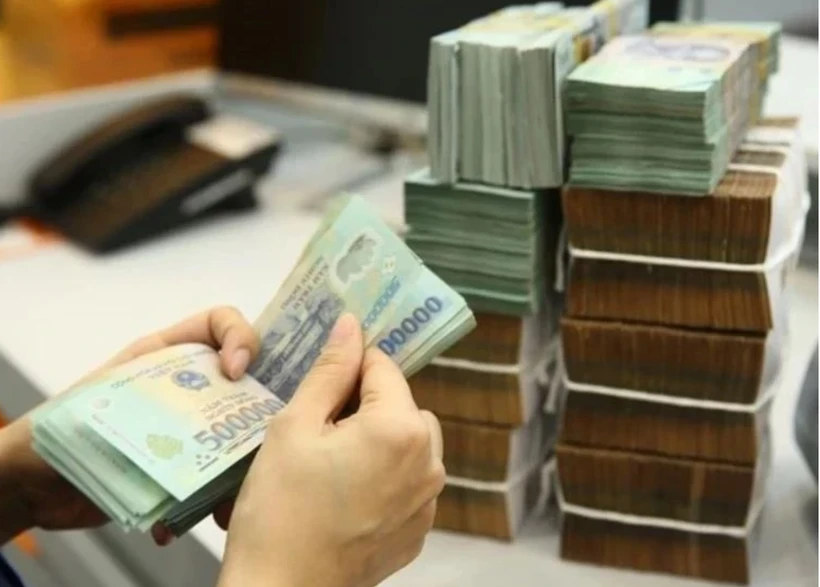

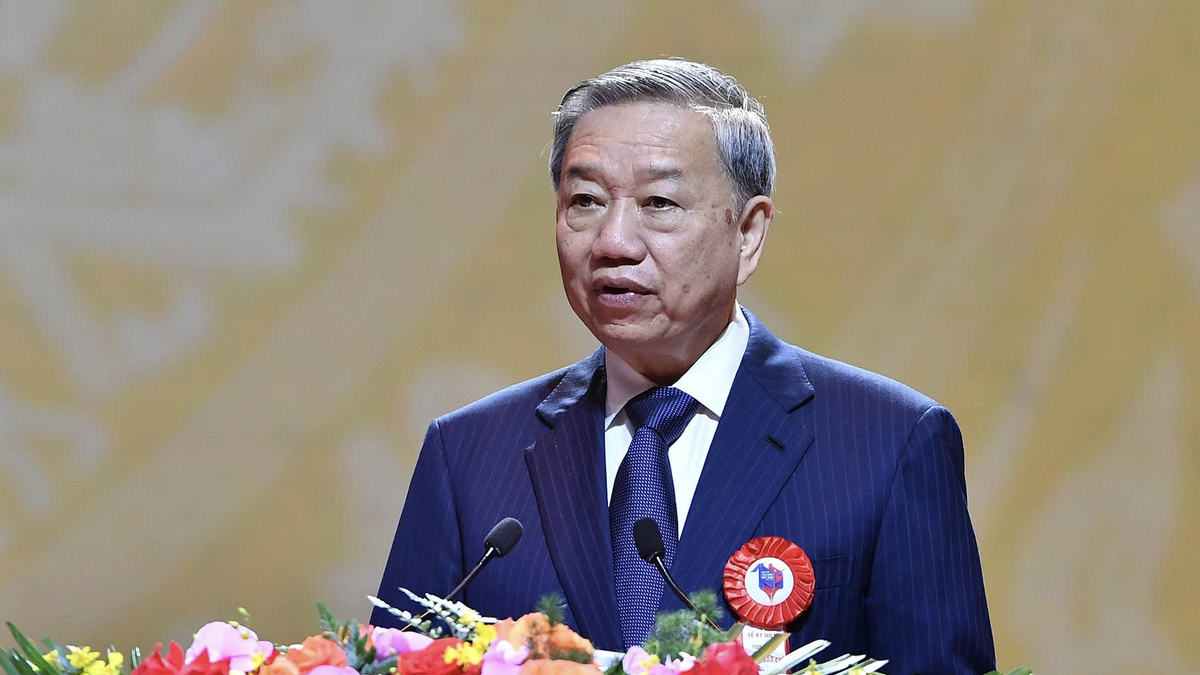








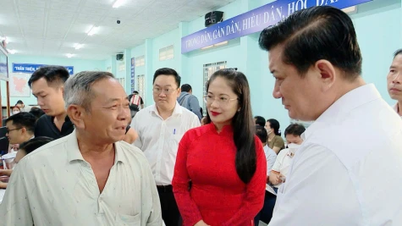
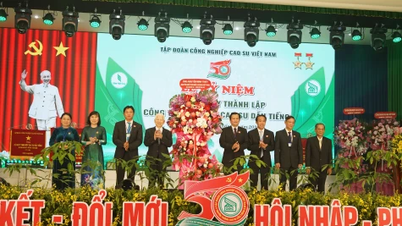










![[Photo] Central Propaganda and Mass Mobilization Department meets with exemplary journalists](https://vphoto.vietnam.vn/thumb/1200x675/vietnam/resource/IMAGE/2025/6/21/9509840458074c03a5831541450d39f8)






















![[Maritime News] Wan Hai Lines invests $150 million to buy 48,000 containers](https://vphoto.vietnam.vn/thumb/402x226/vietnam/resource/IMAGE/2025/6/20/c945a62aff624b4bb5c25e67e9bcc1cb)



















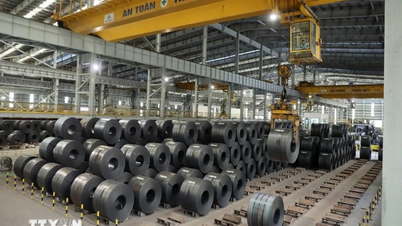
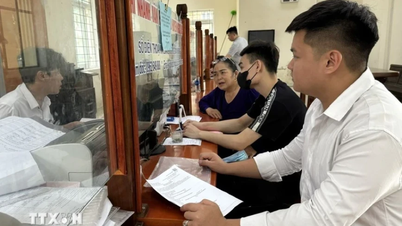
















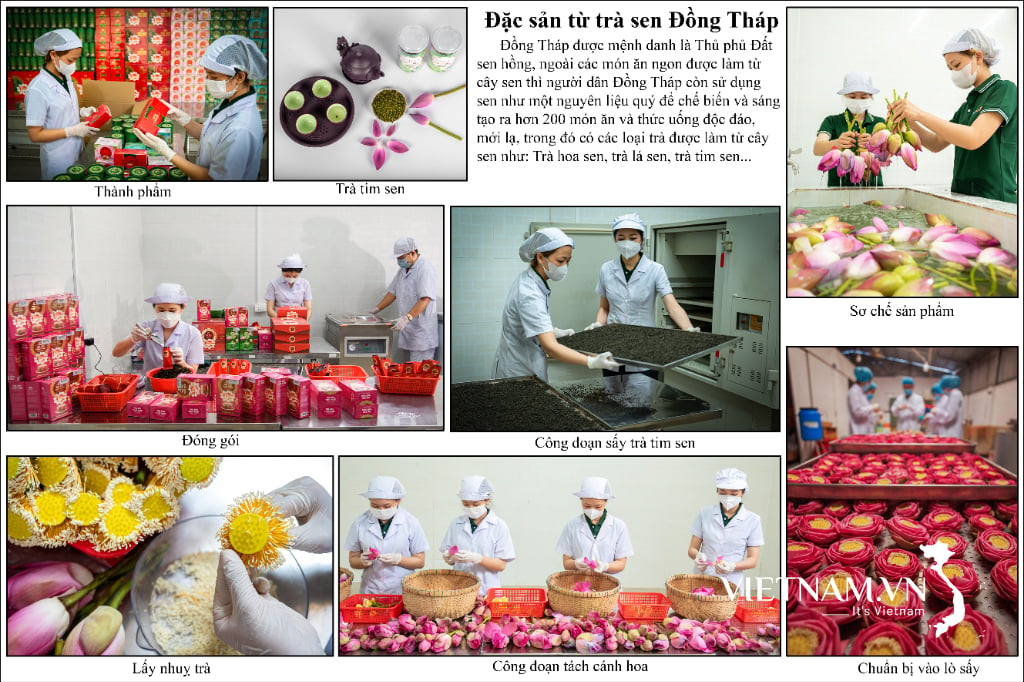
Comment (0)